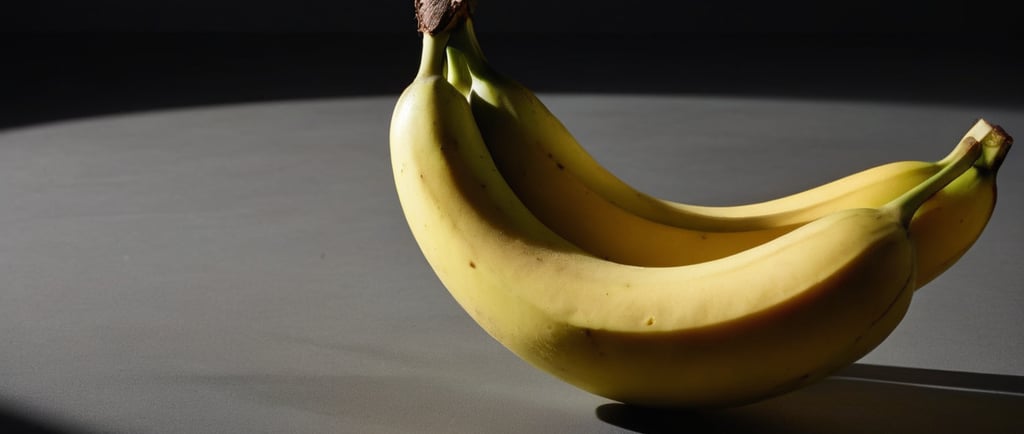Introduction
Bananas are a widely - loved and nutritious fruit. Many of us enjoy them as a quick snack or an ingredient in our meals. However, over time, bananas often develop black spots and may even turn completely black. This commonly raises the question: Are black bananas still safe to eat? In this article, we will explore the reasons behind banana discoloration, address the safety concerns of consuming overripe bananas, and share practical tips for extending their shelf life.
Can You Eat Black Bananas?
Understanding the Discoloration
Bananas turn black as part of the natural ripening process. The fruit produces ethylene, a hormone that accelerates ripening and eventually causes the peel to darken. In some cases, overripe bananas may become mushy and have a stronger, sweeter flavor. The blackening is mainly a cosmetic change, and in most instances, the flesh inside is still safe to consume.
Nutritional and Culinary Considerations
Nutritional Value: As bananas ripen, their starches are converted into sugars, making them sweeter. Although the texture may change, nutritional benefits such as potassium, vitamin C, and dietary fiber remain intact.
Culinary Uses: Black bananas are excellent for baking. Their natural sweetness and soft texture make them perfect for recipes like banana bread, muffins, and smoothies.
When to Avoid Eating Black Bananas
Although black bananas are generally safe, there are several situations where caution is advised:
Unpleasant Odor: If a banana emits a strong, unpleasant smell, it could be a sign of spoilage rather than just ripening.
Mold or Fermentation: Visible mold or signs of fermentation (abnormal colors or textures) indicate that the banana may no longer be safe to eat.
Allergic Reactions: In rare cases, individuals sensitive to certain fermentation by - products may experience mild discomfort after consuming overly ripe fruit.
How to Keep Your Bananas Fresh Longer
Optimal Storage Conditions
Room Temperature: Bananas should be stored at room temperature until they reach the desired level of ripeness. Cold temperatures can cause the peel to darken rapidly, though the fruit inside remains unaffected.
Separate from Other Fruits: Bananas release ethylene gas, which can speed up the ripening of nearby fruits. To extend their shelf life, store them separately or in a fruit bowl away from other produce.
Practical Storage Tips
Use a Banana Hanger: Hanging bananas prevents bruising and promotes even ripening by allowing air to circulate around the fruit.
Wrap the Stems: Wrapping the stems with plastic wrap can slow down the release of ethylene gas, delaying the ripening process.
Refrigeration After Ripening: Once your bananas are ripe, placing them in the refrigerator can help extend their usability. The peel may darken in the cold, but the fruit inside will stay fresh for a few extra days.
Freeze for Later Use: If you have overripe bananas that you can't consume in time, consider peeling and freezing them. Frozen bananas are great for smoothies or baking recipes.
Additional Preservation Tips
Avoid Overhandling: Frequent handling can bruise bananas, which accelerates the ripening process.
Store Away from Direct Sunlight: Keeping bananas in a cool, shaded area helps prevent premature ripening caused by heat and light.
Conclusion
In summary, black bananas are usually safe to eat, especially when they are merely overripe rather than spoiled. Their natural sweetness and soft texture make them suitable for various recipes. By following proper storage techniques, such as using a banana hanger, wrapping the stems, and refrigerating or freezing ripe bananas, you can extend their freshness and reduce food waste.
With these tips and insights, you can enjoy bananas at their peak flavor while minimizing spoilage. Remember, the key is to monitor the condition of your fruit and adjust your storage practices according to your personal consumption habits.


